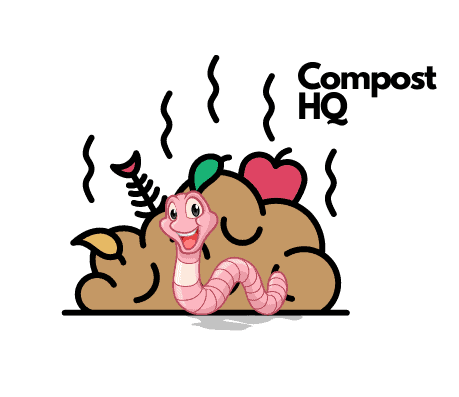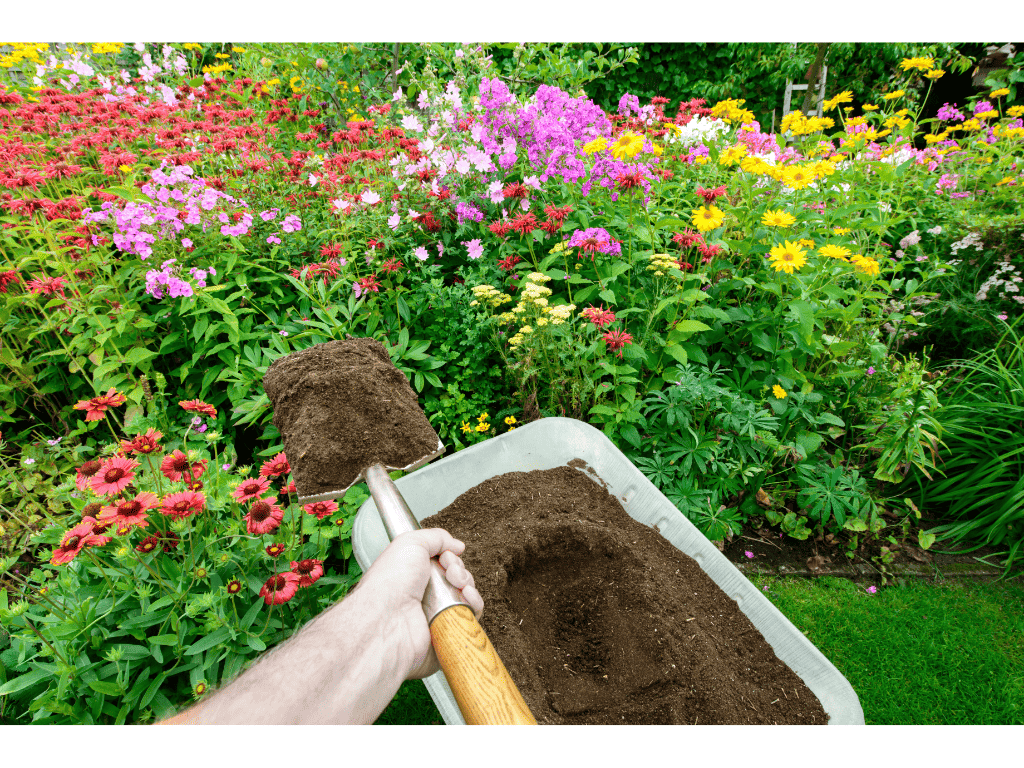Introduction
Anyone who is starting out with a compost heap for the first time will have some key questions, and one of these is whether they can expect to end up with unwelcome guests as a result of composting food waste.
So, do compost piles attract vermin? ( 3 Signs to look out for )
Compost piles can attract vermin in some circumstances, yes.
You are adding food scraps to the garden, and this may appeal to many different animals, including pest species that you don’t want to attract.
However, there are things you can do to make your compost pile less appealing to scavengers.

What Vermin Might I Attract To My Compost Bin?
What will take an interest in your compost bin does depend heavily on where you are in the world and on what you add to the compost. However, we’ll cover some of the common kinds of vermin you might see.
Rats are one of the most obvious and commonly found. These scavengers are everywhere in the world, and they will quickly find and devour any available food, including scraps from a compost heap.
They make big tunnels, breed fast, and will destroy things in your home or shed as well if they can get access.
They are also famous for carrying diseases, and their numbers can multiply extremely quickly if there is plenty of food around.
Other potential pests are a bit more location-specific, but there are many scavengers that will see your compost bin as a tempting target, and most will not be welcome, even if you are a major animal lover.
Foxes are another creature that might investigate your compost heap, particularly if you add meat scraps to it, or cooked food waste.
These are widespread and very successful scavengers, and they will happily turn your heap over looking for food.
You may think that if you live in the middle of the city, you are safe from most scavengers, but actually, foxes are more common in urban areas than in the country now, and even if you don’t have foxes around, you are bound to have cats and possibly dogs in some circumstances.

Cats will not often show much interest in your compost heap, but they may if you include meat, dairy, or fish. Any of these will attract felines, particularly strays, which will come into your garden to explore.
Dogs are less fussy eaters, although since stray dogs are getting rarer, these may not be a problem on your compost heap.
However, coyotes will investigate compost heaps, and so will raccoons, which will eat almost anything that you add.
More rarely, you might see badgers or even bears in your compost, although this is not so common as these animals tend to be much shyer of human contact, and generally keep away from human populated areas.
What Are 3 Signs I have Vermin In My Compost Heap?
The signs of infestation will depend heavily on the type of vermin that is attacking the heap, but often, you will be able to see that an animal has been investigating or even burrowing into the compost.
These signs are an important indication that you need to take action to stop the animal, so let’s take a look at three common giveaways of vermin.

Sign One: Burrows
One of the biggest signs of vermin activity, particularly for small animals such as rats or mice, is burrowing.
Often, rats travel underground and make their way to the compost heap via burrows, rather than traveling overground.
This keeps them safe from other predators, but it is a sure sign that the rats are visiting your compost heap on a regular basis.
You should look for tunnels around three or four centimeters in diameter, as these show that rats are in the area.
Mice may also burrow, but are more likely to travel above ground and will leave much smaller holes. If you do find mice holes, they probably mean you have a nest with young nearby.
Burrows tend to be indicative of rodents, rather than other vermin.
Sign Two: Disturbed Material
It is possible that you will detect vermin by the presence of disturbed material.
If you notice that compost ingredients have been flung off your compost pile or ended up on the grass near the heap, it is likely an animal has been rooting through the heap.
Any kind of animal might do this, although rodents in this case are less likely as they usually nibble food where they find it, and rarely have the strength to throw it around.
They may carry pieces of food off, but often, they will just eat it where it is.
However, most other kinds of scavengers will disturb the heap and potentially remove the material in places.
Trails of food left around the garden or overturned piles show something has been rooting around your compost bin and eating the compost.
This is particularly likely if you have deliberately buried certain foods, such as meat or cooked food, and it has been dragged to the surface or disappeared.
Sign Three: Damage To The Bin
If you have a compost container of any sort, you may well detect vermin when they damage the bin.
This is particularly likely if they need to chew it in order to get to the compost, so if you have put wire on the bottom of your bin or it is a sealed plastic bin, you’re likely to see gnawing and damage.
Rats can easily chew through plastic, and you will need tough wire mesh if you are going to stop them from simply biting through it. They will very readily make holes in plastic to get into the compost.
Other animals might also damage your compost bin in an attempt to get food, particularly if they are hungry or there is something tempting in the bin.
You might see chewed wood, or even bigger scale damage if a bear or badger has taken an interest in the compost. However, this will be much rarer.
What Can I Do To Deter Vermin From The Compost?
You’re not likely to want vermin in or around your compost bin, but how can you stop them?
It is pretty difficult to stop all vermin all the time, but there are steps you can take to reduce the risk of them taking an interest.

Step One: Don’t Add Meat, Fish, Or Dairy
These three kinds of foods have particularly strong aromas and will be far more attractive to most scavengers than just fruit and vegetable peelings.
You may want to avoid adding them entirely, or only add them in small quantities and bury them in leaves or straw to disguise their scent.
If you put meat, fish, or dairy on the top of an open compost heap, you are inviting scavengers to come and look; they will quickly find it, and will return to the bin to look for more food on a regular basis.
Other food that is less appealing to them will then attract attention, even if it would previously have gone unnoticed, and the animals will keep returning to your bin, even if you don’t add more meat, fish, or dairy to the heap.
Step Two: Cover The Heap With Leaves
Keeping the top layer of your compost heap covered in dead leaves or straw will reduce the scent of food, and make it less interesting to scavengers.
You can keep a pile of dead leaves nearby, and simply add some every time you add to the compost heap.
Other options include shredded newspaper or paper, or dragging a sheet of cardboard onto the top of the compost pile. Again, this will help to hide the smell.
This sort of layering won’t stop an animal that is determined to scavenge in your compost, but it does make it slightly harder, and they may go elsewhere if there are easier food sources that they can access.
Step Three: Seal Your Compost Heap
An open compost heap invites scavenging. If your compost heap is completely open to the elements, you are far more likely to get animals investigating it, digging it, and eating its contents.
You may want to buy a dedicated compost bin that is designed to be vermin proof, but even if you would rather make your own, containing it in some way will help to reduce the number of animals that pay it attention.
You can build a compost bin out of pallets and scrap wood if you like, or other materials that you have to hand.
The more secure you make it, the more effectively it will deter large scavengers.
However, to deter rats and mice, you’ll probably need a commercially built bin or specialist materials.
Summary
So, yes, composting piles can attract vermin and if you add the wrong ingredients, they are much more likely to do so.
The kind of vermin you need to protect against will depend on your location and the food you add, but meat, dairy, and fish are particularly attractive to scavengers.





